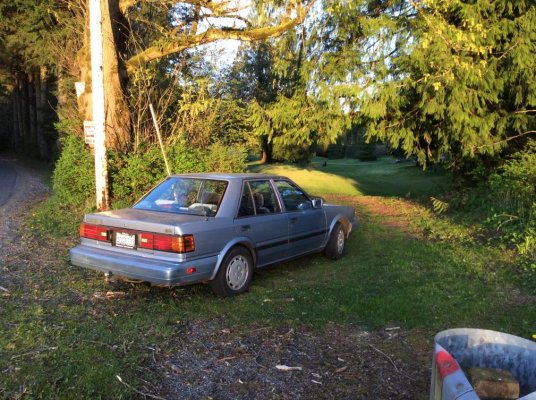As engines age and rack up hours, the things that tend to bite you are water pumps, torsional couplers, alternators, starters, coolers, gear oil seals, rotted exhaust, etc. Rare for the base engine itself to fail in a mission-ending manner.
I'd have no issues trusting a FL with 10k hours. No different than the trust level on one with 5k hours. Get to 20k hrs in a boat, and it might get some extra scrutiny, but if it checks out well, no issues.
10k hrs in a road vehicle at an average of 40mph is 400,000m. Road tractors reach this easily before engine work. Many make 1,000,000m. By then the vehicle is ragged out, even if engine is still a trooper. I suspect a boat with 20k hrs on it may be a bit ragged out, too.
Only 8000-odd hours in a year, to put things in perspective.

 I coulda had a Perkins!
I coulda had a Perkins! 
